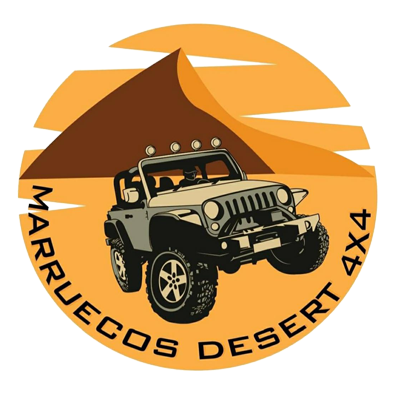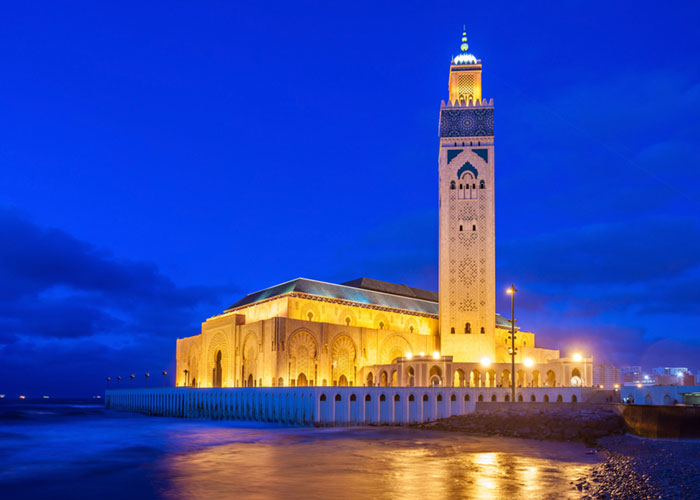Your best guide to Visit Morocco
Is it safe to travel to Morocco?
Morocco is a safe destination for travelers, with millions visiting annually. However, it’s advisable to take caution as it’s your first time being in a new country. Exercise caution in crowded areas, be vigilant against petty crimes like pickpocketing, and respect local customs and traditions to ensure a smooth and enjoyable experience. Additionally, check for travelers’ reviews and feedback before planning your trip.
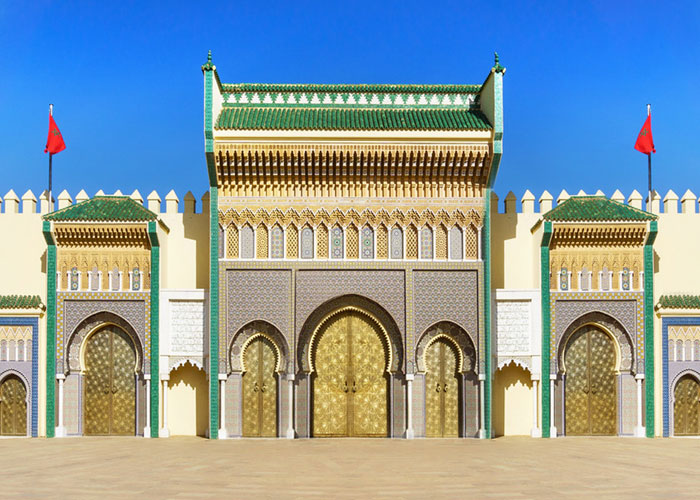
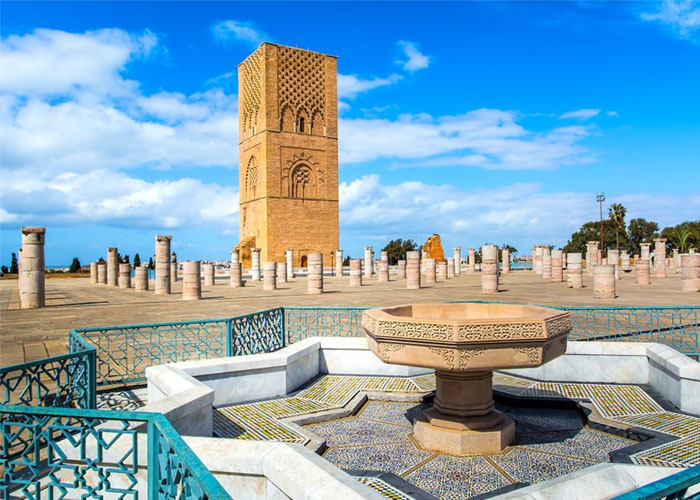
How can I get a VISA to Morocco?
To obtain a visa for Morocco, you typically need to apply through the nearest Moroccan consulate or embassy in your country. Requirements may vary depending on your nationality, but generally, you’ll need to fill out an application form, provide a valid passport with at least six months validity beyond your intended stay, passport-sized photos, proof of accommodation, proof of sufficient funds to cover your stay, and a return or onward ticket. Some nationalities are exempt from visa requirements for short stays, so it’s advisable to check the Moroccan consulate or embassy website for specific details and procedures applicable to your situation.
What to do about Money in Morocco?
When it comes to managing money in Morocco, there are several things to keep in mind. Firstly, it’s wise to carry a combination of cash and cards. While major credit and debit cards are widely accepted in urban areas, cash is preferred for smaller transactions and in more rural areas. Moroccan Dirham (MAD) is the official currency, so be sure to exchange your currency for MAD upon arrival. It’s also advisable to notify your bank of your travel plans to avoid any issues with card transactions. ATMs are readily available in cities and towns, but it’s always a good idea to have some cash on hand for emergencies or in case you encounter areas with limited banking facilities. Lastly, be cautious when exchanging money on the street and opt for reputable currency exchange offices or banks for the best rates and security.
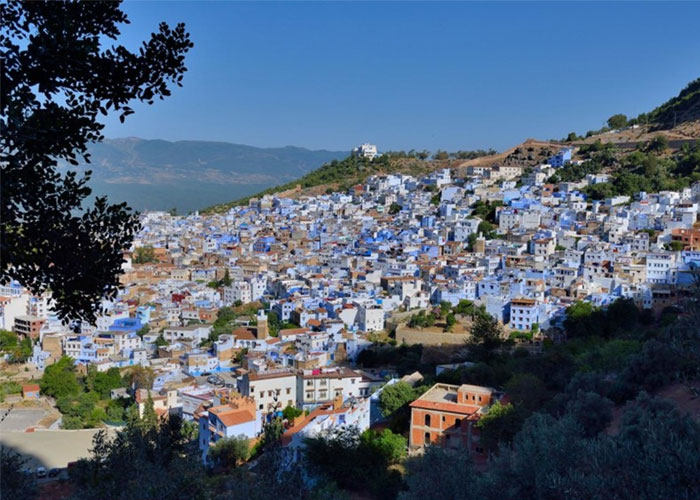
How to travel around, in Morocco?
Traveling around Morocco can be done using various modes of transportation, each offering its advantages depending on your preferences and budget.
- Train: Morocco has a reliable train network connecting major cities like Casablanca, Marrakech, Rabat, and Tangier. Trains are generally comfortable and provide a relatively quick way to travel between destinations.
- Bus: Buses are another popular and affordable option for traveling within Morocco. There are several bus companies operating routes across the country, serving both urban and rural areas. Supratours and CTM are two reputable bus companies known for their comfort and safety.
- Grand Taxis: Grand Taxis are shared taxis that operate between cities and towns, offering a more flexible and direct option for travelers. While they can be more expensive than buses, they provide a faster and more convenient mode of transportation, especially for reaching remote areas not served by trains or buses.
- Local Taxis: In cities, small taxis or petite taxis are widely available and can be hailed from the street. These taxis operate within city limits and are a convenient way to get around urban areas.
- Car Rental: Renting a car gives you the freedom to explore Morocco at your own pace, especially if you plan to visit more remote areas or off-the-beaten-path destinations. However, be prepared for challenging driving conditions, especially in busy cities and mountainous regions.
- Private Drivers: If you prefer a more comfortable and hassle-free option, you can hire a private driver by joining a tour agency. This allows you to customize your itinerary and enjoy the expertise of a local guide.
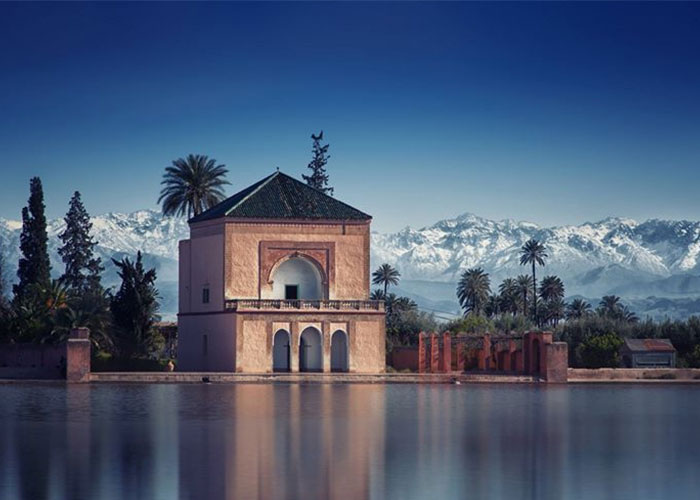
How to communicate in Morocco?
In Morocco, effective communication can be achieved by leveraging a combination of languages commonly spoken in the country, including Arabic, French, and increasingly English. Learning basic Arabic phrases can enhance interactions, while language translation apps serve as valuable tools for real-time translation. Gesture and body language can also aid in communication, particularly in instances of language barriers. Engaging with locals, who are typically friendly and welcoming, can provide further assistance and enrich your experience. Additionally, hiring local guides can offer valuable insights and ensure smoother interactions, particularly when exploring historical sites or navigating cultural nuances.
The Best Time to visit Morocco
The best time to visit Morocco largely depends on your preferences and the experiences you seek. Generally, the spring months of April and May, as well as the fall months of September and October, offer pleasant weather with milder temperatures, making it ideal for exploring cities, trekking in the Atlas Mountains, or visiting the Sahara Desert. Summer (June to August) can be scorching hot, especially in inland areas, but coastal regions like Essaouira and Agadir offer respite with cooler temperatures. Winter (December to February) brings colder weather, particularly in the mountainous regions, but it’s an excellent time for skiing in the Atlas Mountains and experiencing the festive atmosphere during holidays like Christmas and New Year’s. Ultimately, the best time to visit Morocco depends on your preferences for weather, activities, and cultural experiences.
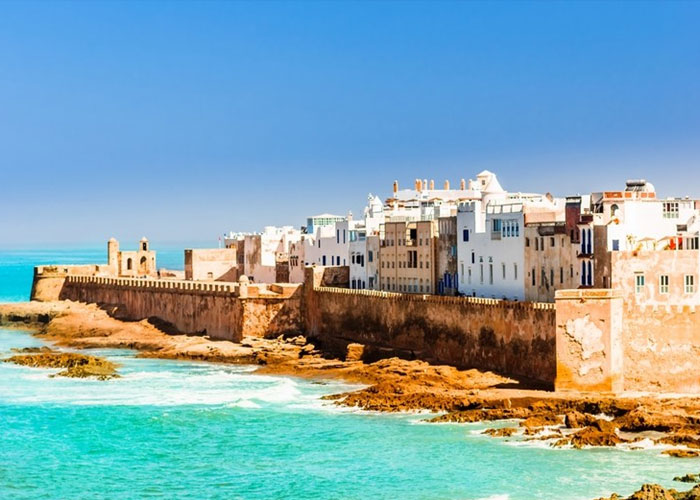
Travel with an agency in Morocco
Traveling with an agency in Morocco can offer several advantages, especially if you’re looking for a hassle-free and curated travel experience. Many agencies offer well-planned itineraries, knowledgeable guides, comfortable accommodations, and transportation arrangements, allowing you to maximize your time and experience the best of Morocco without worrying about logistics. They can also provide valuable insights into local culture, history, and customs, enhancing your overall travel experience. When choosing an agency, look for reputable companies with positive reviews, transparent pricing, and a focus on customer satisfaction. Additionally, consider your preferences for group size, activities, and budget to ensure the agency aligns with your needs and expectations.
